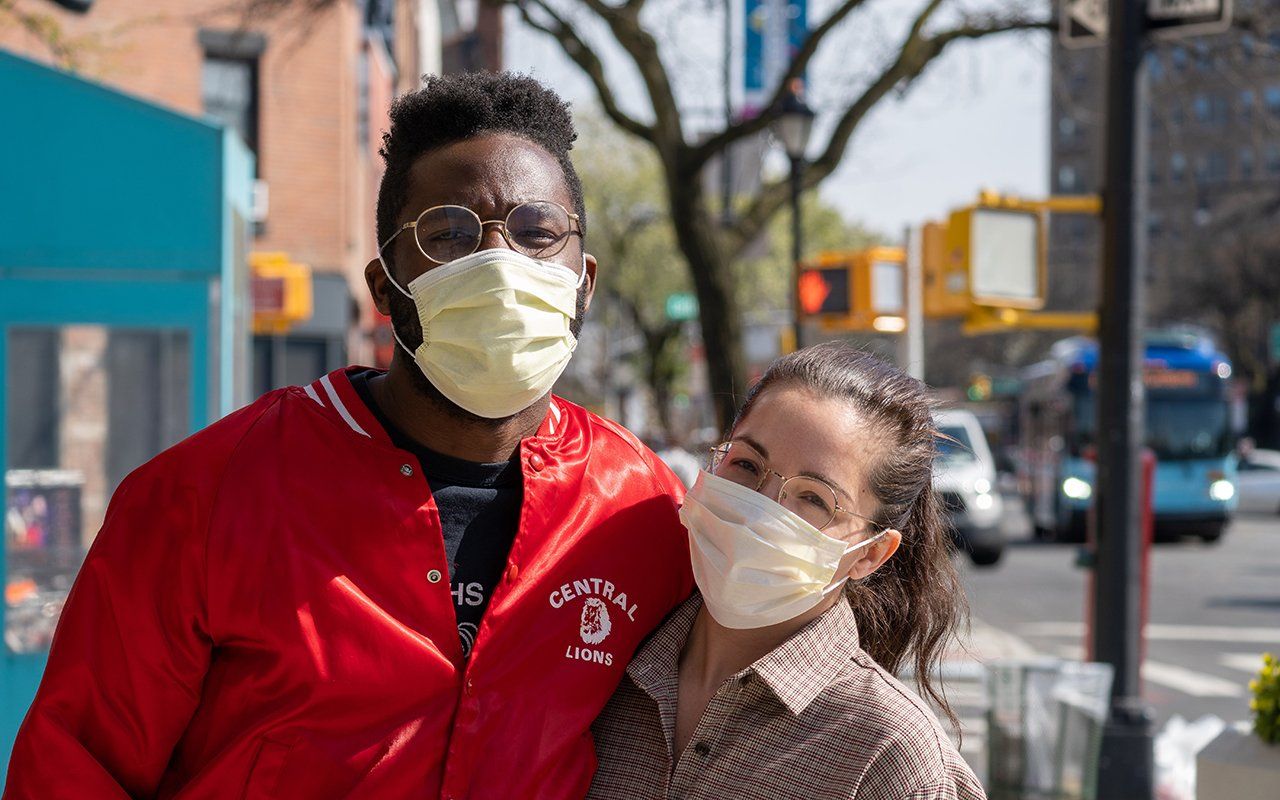Does the Rise in Infidelity Correlate With COVID-19?
Let's discuss some ideas to help you and your partner maintain satisfaction within your relationship.

What is infidelity?
Infidelity is the action of a partner who engages emotionally or physically with a person outside of the relationship. As a result, trust is often damaged or lost. The aftermath of infidelity can lead to divorce or an end of the relationship.
Is There a Correlation Between COVID-19 and Infidelity?
Researchers are collecting data on the correlation between infidelity and COVID-19. So, it may be too early for conclusive evidence that links the two. However, stress levels seem to be at a possible all-time high for many people. We know that as stress increases, sexual satisfaction and happiness within a relationship tend to decline. According to OnlineWiley.com, satisfaction within a relationship often correlates with infidelity. So, as stress increases, happiness can decrease, and the risk of infidelity may go up.
Furthermore, expectations amid high-stress can get skewed. As a result, partners may begin filling their thoughts with negative views of the other. Hence thoughts of engaging with someone outside of the relationship begin to form. (onlinewiley.com)
Another way COVID and infidelity may be related is due to quarantine. As couples no longer go about their busy days outside of the home, affairs may be easier to discover.
What Can I Do to Prevent Infidelity During A Pandemic?
So, what can you do to help prevent dissatisfaction and possible infidelity within the relationship? If high-stress can cause satisfaction levels to decline, then prevention can begin with managing stress.
One idea is to check-in on each other's stress levels. It's common and easy to push emotions down. However, being transparent with your partner can be very beneficial. Likewise, talking and validating one another can keep your feelings from boiling over.
Another idea that may help is to be aware of your mental health status. If you're beginning to feel an uptick in anxiety, stress, or hopelessness, talk to your spouse about it. Likewise, if you find you're blaming your spouse for things, it may be due to how you feel internally. As you both become more aware of your emotions, you can prevent misplaced blame.
Next, redefine, or even let go of expectations. Silent expectations can lead to disdain and contention. Remember, both of you likely have different ways to cope with stress. Expecting each other to alleviate stress, in the same manner, can backfire. For example, if you reduce stress by staying busy, but your partner watches TV to decompress, feelings can escalate quickly. Instead, the two of you can discuss and outline roles and scenarios. Doing so may prevent negative views of your partner from taking over your thoughts, and vice versa.
At SOLE Counseling, we recognize the strain the pandemic can place on relationships. We can help you through this. Likewise, if infidelity is now part of your reality, we can help you begin the healing process. Call us today.







